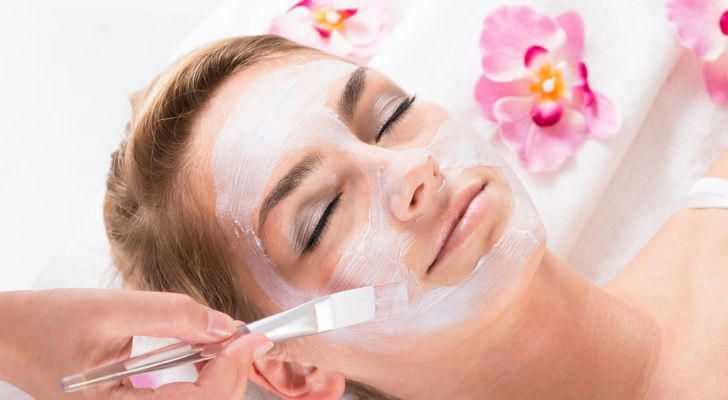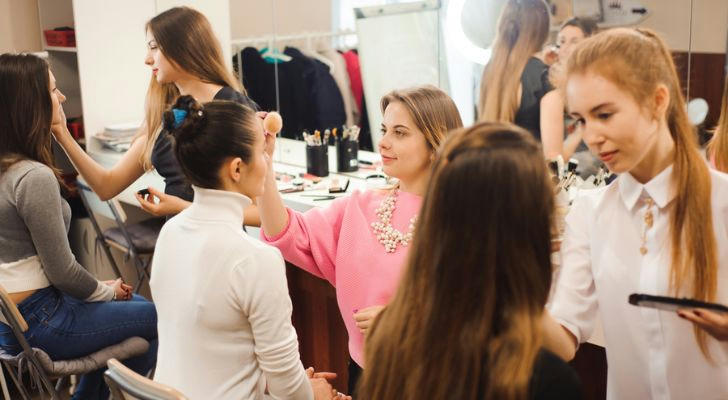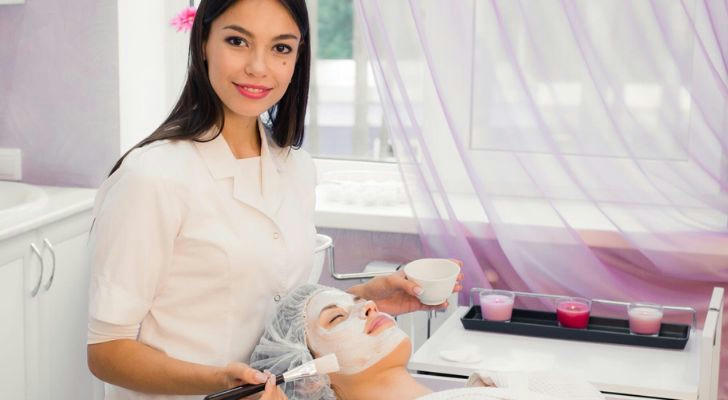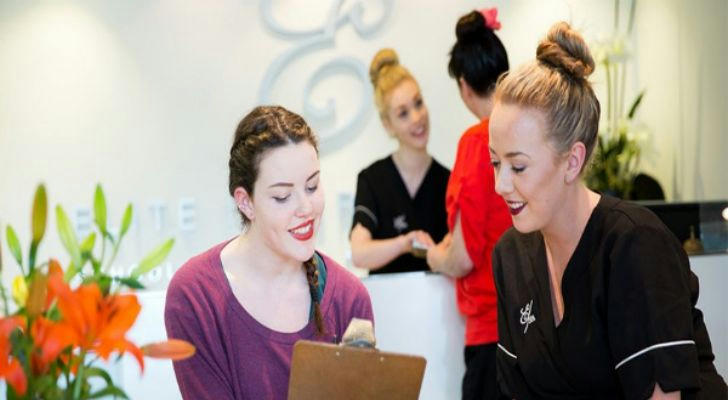How to Choose the Right Beauty Course: What Should You Look For and Avoid?

Selecting a beauty course can feel overwhelming with so many choices out there. To help you make an informed decision, let's explore the key factors to consider, common mistakes to avoid, and real-life examples that illustrate the importance of picking the right course.
What Should You Look For in a Beauty Course?

1. Does the Course Match Your Career Goals?
It should! Take Emily, for example. She wanted to specialize in skincare, so she chose a course that offered in-depth training in facial treatments and skin analysis. On the other hand, Jessica, who was passionate about makeup artistry, enrolled in a program focused on advanced makeup techniques. Picking a course aligned with your career aspirations ensures you gain the skills needed for your dream job.
2. Is the Course Accredited and Industry-Recognized?
Absolutely. For instance, Hannah selected a course accredited by a reputable beauty association, which boosted her credibility and opened doors to better job opportunities. Meanwhile, Rachel chose a course without accreditation and struggled to find work because employers didn't take her certification seriously. Accreditation matters—it's a stamp of approval that your education meets industry standards.
3. Are the Instructors Experienced Professionals?
This is crucial! When Sarah signed up for her beauty course, she made sure the instructors were seasoned professionals with years of experience. Their real-world insights and expertise gave her an edge in mastering both theory and practical skills. In contrast, Mia attended a course with less experienced instructors and felt her training lacked depth. Experienced instructors can make a huge difference in your learning experience.
What Beauty Schools Should You Consider?

1. How Important Are Reviews and Reputation?
Very important. Consider Kate, who enrolled in a highly-rated beauty school after reading glowing reviews from past students. The school's reputation for quality education helped her build confidence and develop a strong skill set. On the other hand, Lauren chose a less reputable school without doing much research and found the curriculum outdated and the facilities lacking. Reviews and reputation can tell you a lot about what to expect.
2. Is the Course Flexible and Up-to-Date?
Flexibility and relevance are key. For example, Chloe needed a course that fit her busy schedule, so she opted for a program offering evening and weekend classes. The course also included the latest beauty trends and techniques, which kept her skills current. Always check if the course schedule and content fit your lifestyle and industry needs.
3. Do They Offer Hands-On Training?
Practical experience is a must. Ava chose a course with a strong emphasis on hands-on training, allowing her to practice on real clients in a supervised setting. This experience boosted her confidence and prepared her for the job market. In contrast, Olivia's course lacked practical opportunities, leaving her feeling unprepared for real-world challenges. Hands-on training is essential for building practical skills and confidence.
What Common Mistakes Should You Avoid?

1. Is Skipping Research a Risk?
Yes, it is. For instance, Emily didn't research her beauty course thoroughly and ended up in a program that didn't meet her expectations. On the flip side, Emma spent time comparing different courses, reading reviews, and even visiting campuses before making her choice. Her thorough research paid off with a course that fit her needs perfectly. Always do your homework before committing to a course.
2. Are Low-Cost Courses Always a Good Deal?
Not always. Claire was drawn to a course with a low price tag, but soon realized that it lacked comprehensive content and support. Meanwhile, Zoe invested in a slightly more expensive course that provided better resources, mentorship, and career guidance. While budget matters, don't let low costs compromise the quality of your education.
3. Is Ignoring the Course Structure a Mistake?
Definitely. Lucy didn't pay attention to the course structure and ended up in a program that was too theoretical, with little practical training. This left her underprepared for working with clients. In contrast, Grace chose a course with a balanced mix of theory and hands-on practice, which gave her the skills and confidence she needed. Make sure the course structure aligns with how you learn best
Ready to Choose the Perfect Beauty Course?

Look at Tom's case. Tom got dentures in his 50s because they were cheaper. But after a few years, his dentures started to feel loose, and he had to keep going back to the dentist for adjustments. Eventually, Tom got tired of the hassle and decided to invest in dental implants. It's been 15 years, and his implants are still as good as new. No more trips to the dentist for adjustments, and no more worrying about loose dentures.
By considering these factors and learning from others' experiences, you'll be better equipped to select a beauty course that suits your goals and sets you up for success. Start your journey today and step confidently into the beauty industry with the right training and knowledge!
